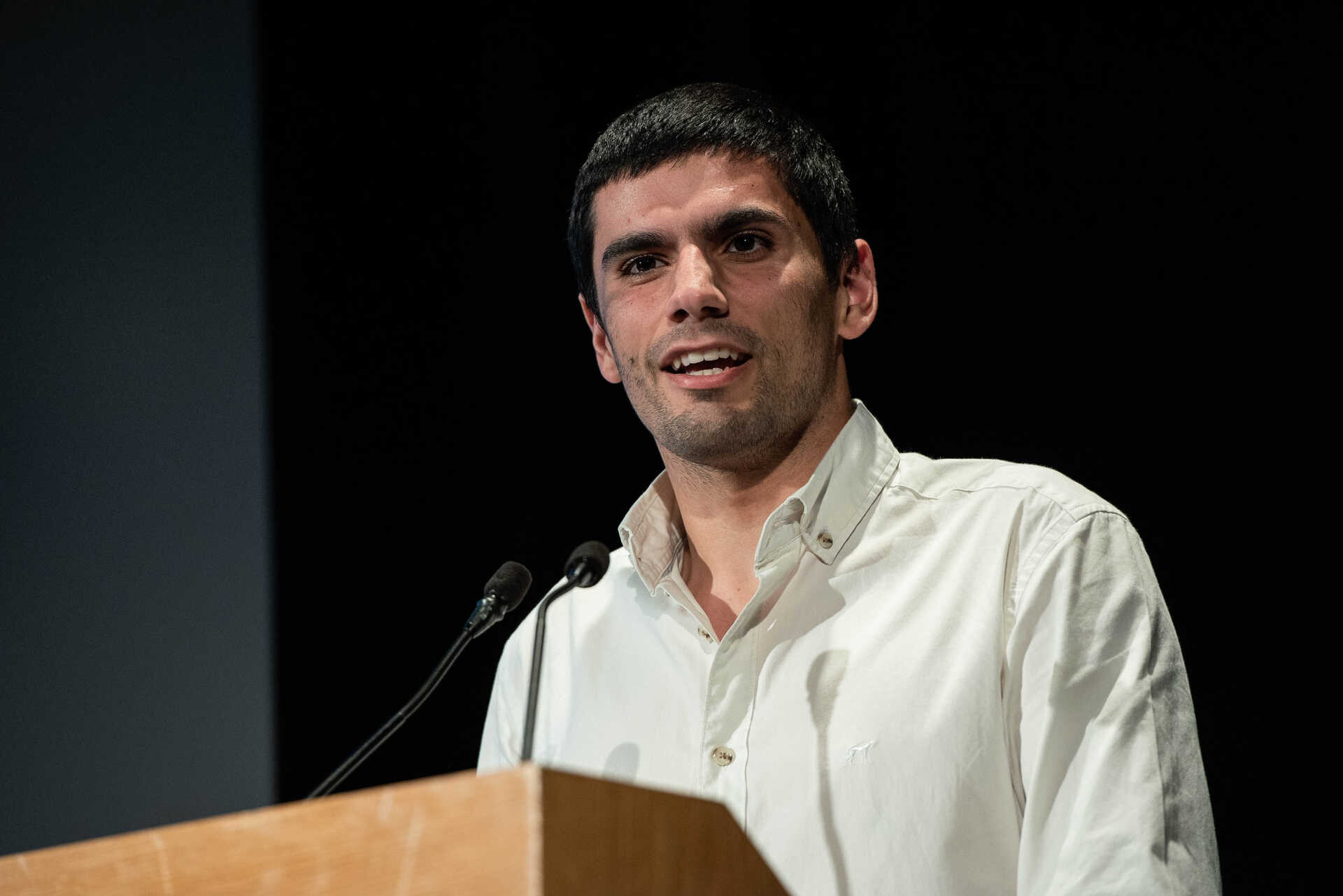“Statistically, there is no shortage of doctors, in fact, Portugal is one of the EU countries that trains the most doctors. Which means that the problem of the shortage of doctors is their distribution, that is, where they are located,” the ANEM president explains to JN.
In 2015, Law No. 104/2015, of 24 August, was published with the aim of creating the National Stockpile of Health Professionals (INPS), a responsibility of the Central Administration of the Health System (ACSS). Point 2 of Article 1 of this law stipulates that the National Retirement Institute “constitutes an instrument for planning the needs of health professionals in the public, private and social sectors, as well as coordinating human resources policies within the scope of the National Health Service.”
According to Vasco Cremon de Lemos, INPS never took off. According to the official ACSS website, on May 19, 2023, approximately eight years after the law was passed, a meeting was held that “focused on the implementation and operationalization of the INPS.”
the meeting it has finished With guarantees that the ACSS, together with the Shared Services of the Ministry of Health (SPMS), will “analyze the restrictions and develop an action plan, with the aim of presenting the protocol that defines the conditions for the transfer of information,” according to the opinion of the National Data Protection Commission.
Four months later, there is still no information about INPS. For Vasco Cremon de Lemos “it is very difficult to have good human resources management without INPS”, which may make it difficult to put in place measures “to restore the National Health Service (SNS)”.
The ANEM president explains that many health professionals choose to work in the private sector or pursue non-medical professions, such as management or consulting. “The factors most cited as reasons for choosing the private sector are basic pay, flexible working hours and contractual terms in addition to pay, such as benefits, overtime, insurance, etc.”
“On the other hand, the factors that are referred to as weaknesses by the public are the basic wage, the lack of human resources, the equipment that hinders the proper functioning of the service, and the increase in the number of patients which affects the time and quality of the service provided to them.”
The departure of doctors from the NHS does not only affect users, putting “various aspects of medical training at risk”, given that a large part of health professionals’ training is carried out in the NHS.
“At postgraduate level, this can jeopardize the suitability of training for the service which may have to reduce the number of trainees or jeopardize existing trainees who are already allocated to this service,” explains Vasco Cremon de Lemos. “In addition, it can also jeopardize the sustainability of the provision Care is compromised because residents are an essential part of the performance of services.
At undergraduate level, “this may lead to a reduction in the number of teachers available to teach, resulting in a higher teaching to student ratio, which has implications for learning and training, which is consequently affected, but also for the provision of education.” “Care, especially in terms of ethics and privacy, is what underpins it,” he adds.
Regional variations
Geographically, “the distribution of health professionals is not fair to the needs of the country”, with “a high concentration of these professionals in urban centres, despite incentives from regional governments, the state budget (OE) and local authorities”, which has become “a decentralized effort” and “ not enough”. “Portugal needs SNS, but more and better planning is needed on the part of HR, which includes the correct distribution of its professionals,” he says.
Vasco Cremon de Lemos explains that although there are no “reliable” studies on the migration of health professionals, it is known that a large proportion of postgraduate students choose this path. A 2020 ANEM study shows that 79.2% of medical students are “considering emigrating,” a figure 34.8% higher than those who are “interested” in emigrating, 44.4%.
Why do they want to immigrate?
“This data shows that students [da área da saúde] He explains that they view immigration as a necessity, not exactly something they want to do. Health professionals tend to choose professions abroad because of their ‘attractiveness’, where ‘the salary is higher’, there is ‘job recognition’, there is the possibility of ‘combining professional practice with academic work’ (teaching or research), ‘occupational safety’ and ‘technological innovation’. .
ANEM president calls for increased investment in SNS. “We must try to understand how to retain health professionals in the NHS and make it attractive so that they can stay and have the potential to survive. This involves proper human resource planning and compliance with the National Inventory of Health Professionals, but it also involves improving the technical and physical infrastructure and investing in higher education and colleges.” Medicine, which is “on the verge of collapse.”

“Writer. Analyst. Avid travel maven. Devoted twitter guru. Unapologetic pop culture expert. General zombie enthusiast.”

